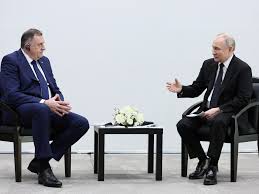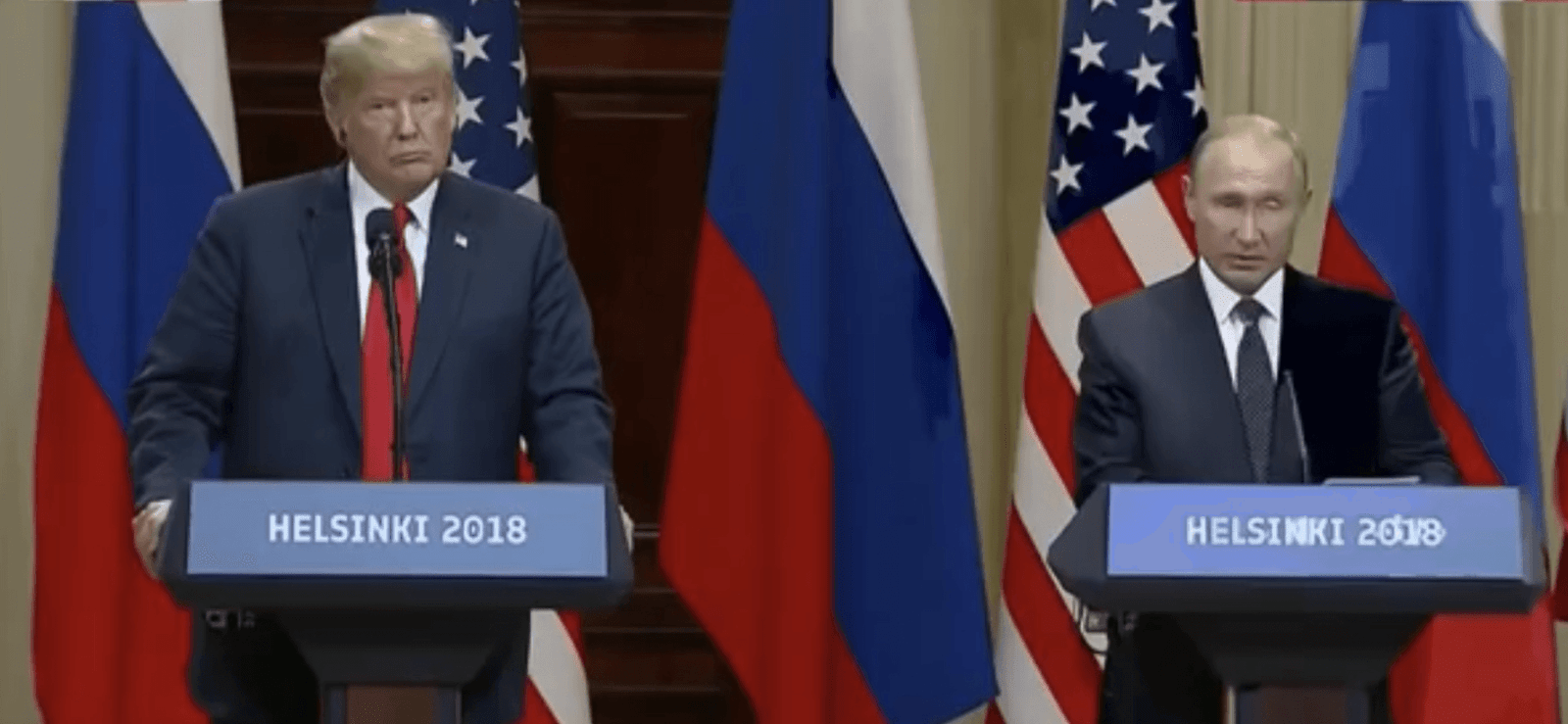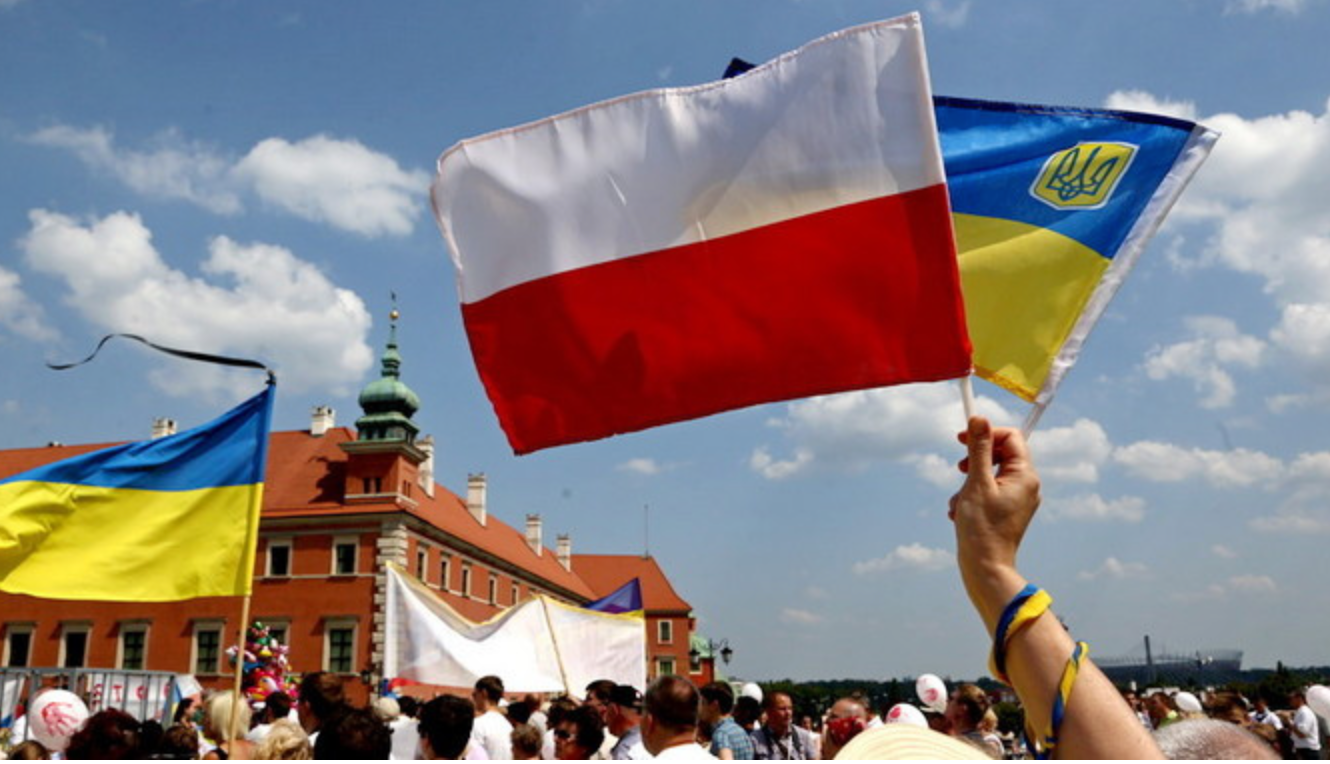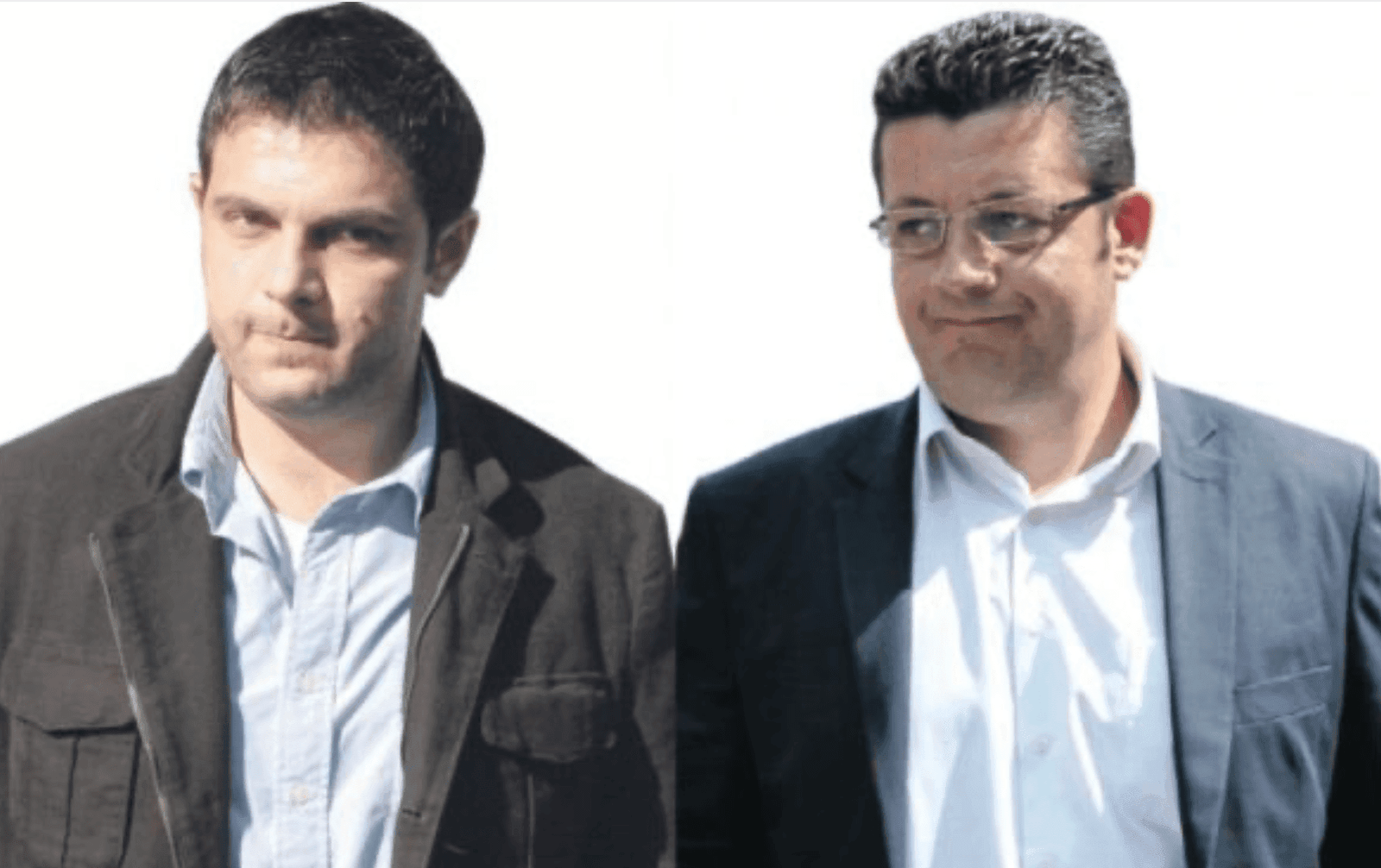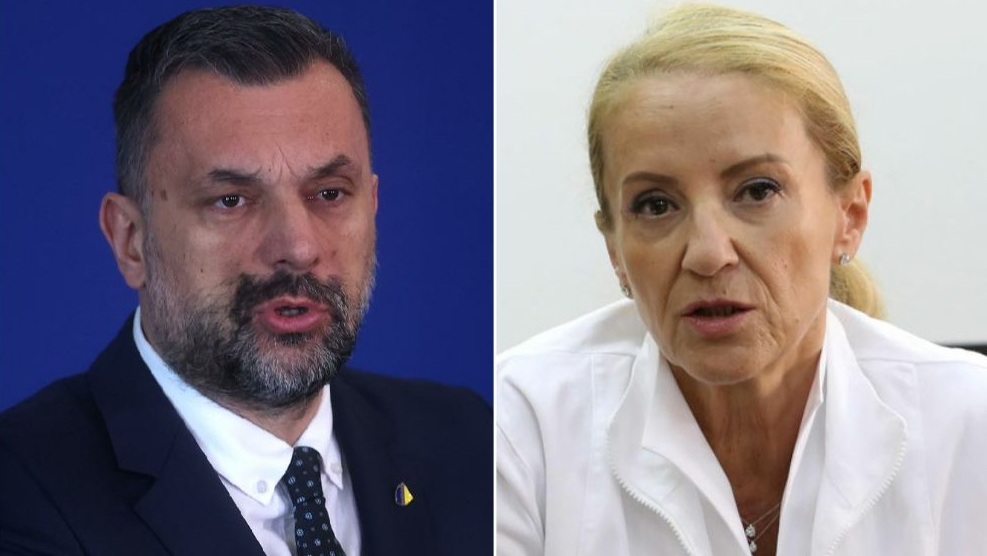Russian authorities have threatened Bosnia-Herzegovina with unspecified repercussions if the country moves toward joining NATO. Such verbal attacks are undoubtedly intended to raise the prospect of state partition, whereby Moscow can exploit Republika Srpska as a proxy in its strategy to keep the Balkans unstable and divided. But the Kremlin’s bluster against Bosnia disguises a growing fear in Moscow – that Russia’s own borders are far from permanent and will be increasingly challenged.
As the imperially constructed Russian Federation enters a deepening economic and political crisis, claims to territory acquired through conquest will multiply in the years ahead. Paradoxically, Russia’s main advocate of partition may be its current strategic partner – China. Collaboration between Moscow and Beijing calculated to undermine the global influence of the United States is a marriage of strategic convenience. It is likely to culminate in a shot-gun divorce as Russia’s internal problems multiply and China’s external aspirations accelerate. Beijing will then be at the forefront among Russia’s many neighbors in claiming territories that were once seized by the Russian empire.
In its Tsarist, Soviet, and Putinist guises, Muscovite Russia has been an expansionist imperial structure. But every empire assembled through conquest and colonization faces contraction or collapse at some point in its history, including the current Russian Federation. Russia’s state failure will be accelerated by renewed claims on its territory from neighboring countries harboring an assortment of historical grievances.
The disintegration of the Soviet Union and the Soviet bloc thirty years ago marked the collapse of Russia’s external empire. But it did not address the future of Russia’s internal empire, consisting of 85 federal subjects, including 22 ethnic republics and several distinct regions deprived of self-determination and facing stifling centralization, repression, and impoverishment.
China dwarfs Russia in its population and economic might and is approaching military parity other than in its nuclear arsenal, which is also expanding. It is also more assertive and confident in its long-term political and economic development. Beijing’s encroachment into Russia’s sparsely populated far eastern possessions will be based on historical claims and on China’s military maps that have not redrawn the borders.
During the 19th century, a weakened China lost about 600,000 square miles of its northeastern territories to Russia. These extensive areas in Siberia and along the Pacific coast are viewed by a growing number of Chinese as “lost territories.” Historical claims are backed by enormous population disparities. Over 130 million people live in three Chinese provinces bordering Russian regions where the population is less than 8 million. China is already displacing Russia as the dominant power in Central Asia and the need for resources and living space will increase demands on Moscow’s sparsely populated lands.
However, China’s claims will simply be the tip of the iceberg. Japan seeks the return of four islands in the Kuril archipelago that were seized by the Soviet Union at the close of World War Two, after Tokyo had already surrendered to the U.S. Japan asserts that these Northern Territories are illegally occupied by Russia and belong to its province of Hokkaido. The Kaliningrad exclave is another leftover from World War Two that Stalin seized from Germany and incorporated in the Russian Federation. The final status of Kaliningrad remains undetermined and contestable. Despite de facto control, neither the USSR nor the Russian Federation have held de jure title to its final status through a peace treaty. Proposals have been lodged to declare it as a separate Baltic state or to divide the territory between neighboring Poland and Lithuania.
Several European states have more recent claims to territory annexed or occupied by Putin’s Kremlin. Ukraine can use the opportunity of turmoil inside Russia to retake the Crimean peninsula and occupied areas of Donbas. Georgia and Moldova will also press for the return of territories occupied by Russia and its proxies. Abkhazia and South Ossetia were forcefully taken from Georgia and declared as independent states, while the Russian-occupied Transnistria region keeps Moldova unstable and unable to qualify for Western institutional integration.
Although Turkey has no territorial claims on the Russian Federation, it has extensive linguistic, religious, and cultural connections with several nations that will seek autonomy or outright separation once the country begins to fracture. Russian officials are worried about the threat of pan-Turkism through a union of Turkic nations, several of whom have ethnic republics inside Russia but lack genuine autonomy. Ankara’s engagement can embolden Tatars, Bashkirs, Karachays, and Balkars as well as non-Turkic Muslim-majority nations, including Circassians, Chechens, and Ingush, to seek sovereignty in unsettled regions of the North Caucasus and the Middle Volga.
Growing involvement by China and Turkey and any ruptures in the Russian state would encourage other nations to pursue independence, including resource rich republics such as Sakha-Yakutia in eastern Siberia and formerly independent states such as Tuva, along the Mongolian border. Several other federal units can gravitate toward neighboring countries due to long-standing ethnic, and linguistic links even if there are no vocal claims to Russian territory. This is likely between the Buryat republic and Mongolia and the Karelian republic and Finland.
In order to ensure its survival Russia needs to develop into a federal democracy. But with no democratization on the horizon, as the political opposition is stifled and economic conditions rapidly deteriorating the federal structure will become increasingly ungovernable. A failure to reform the state “from above” or “at the center” places more onus and urgency on transforming the country “from below” or “in the regions.” This will make the country vulnerable to fracture and even disintegration, as Moscow will be hard pressed to extinguish all the spreading fires of national liberation and multi-state irredentism.
Janusz Bugajski is a Senior Fellow at the Jamestown Foundation in Washington DC. His recent book, Eurasian Disunion: Russia’s Vulnerable Flanks, is co-authored with Margarita Assenova. His upcoming book is entitled Failed State: Planning for Russia’s Rupture



